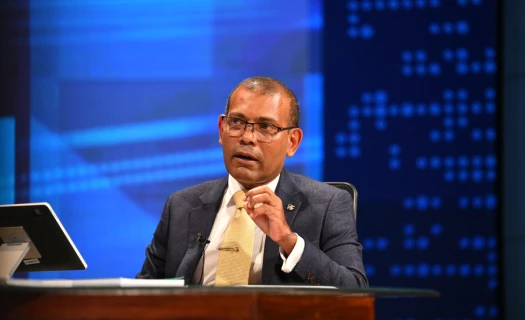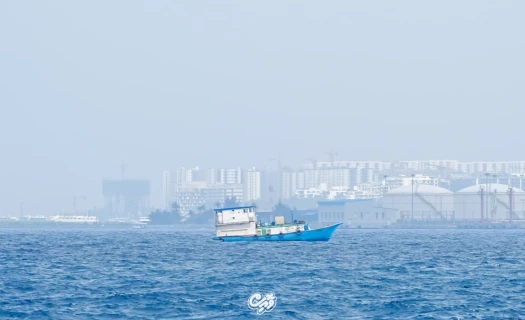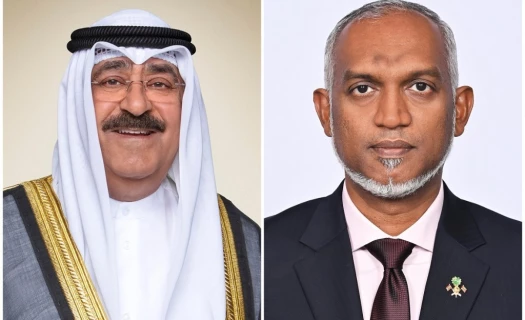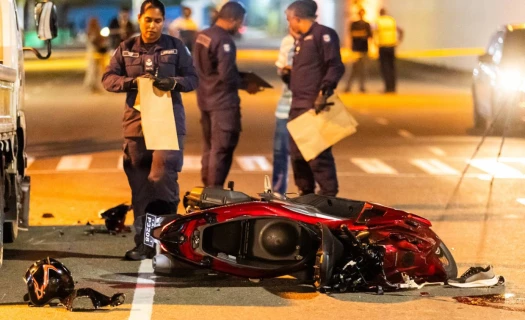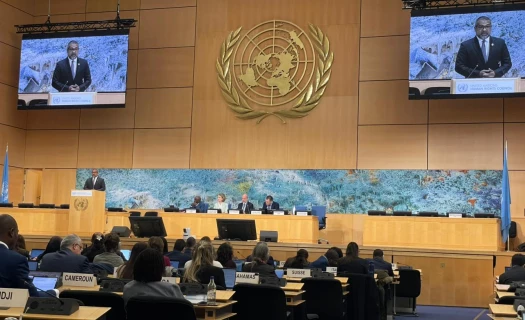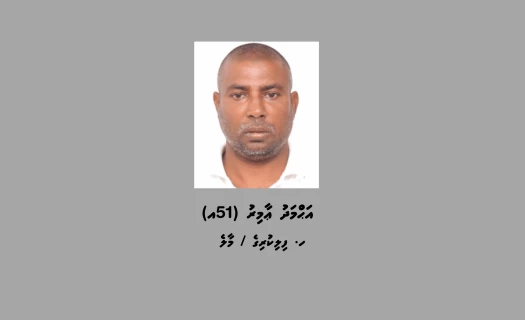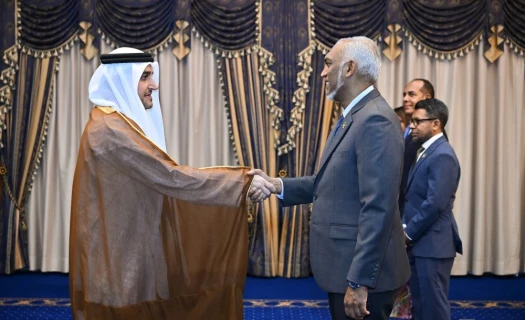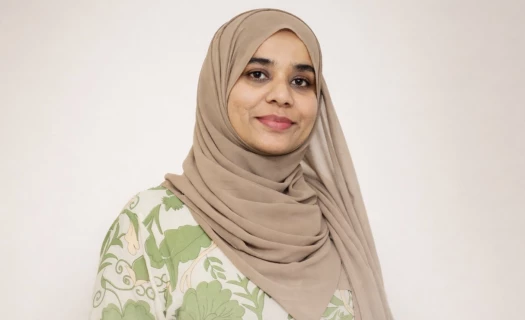Learning from India: How Maldives Can Elevate its Diplomatic Standing Through Delegation Diplomacy

India's strategic dispatch of parliamentary delegations in the aftermath of Operation Sindhoor served as a powerful masterclass in "Delegation Diplomacy."
By sending elected representatives to explain its position and rally international support, New Delhi demonstrated the profound effectiveness of direct, high-level engagement in shaping global narratives.
While the Maldives, under President Dr. Muizzu, may not be navigating the immediate aftermath of a major geopolitical event, there are invaluable lessons to be learned from India's experience.
Even in times of relative calm, the proactive and strategic use of parliamentary delegations can significantly bolster Maldives' international standing and promote promote investment opportunities here on the sunny side.
At the heart of President Dr. Muizzu's foreign policy lies, at least they are claiming, a commitment to sovereignty, non-alignment, and the diversification of international relations.
As a nation most vulnerable to rising sea levels, Maldives stands as a crucial advocate for global climate action.
These core tenets provide fertile ground for the application of delegation diplomacy, transforming abstract policy goals into tangible, persuasive interactions.
One of the most potent avenues for the Maldives to leverage this diplomatic tool lies in its long standing advocacy for climate change.
Parliamentary delegations, comprising members deeply familiar with the existential threat posed by rising sea levels, can be dispatched to other Small Island Developing States (SIDS), though this may prove to be a challenge as there are very few such MPs if any.
Such visits would foster a united front, allowing for the sharing of best practices in resilience-building and solidifying the Maldives' so-called leadership in climate diplomacy.
Simultaneously, engaging with parliamentary committees in developed nations – key emitters and financial powerhouses – offers a direct channel to articulate the urgent need for greater climate finance, technology transfer, and ambitious emission reduction targets.
President Nasheed during his days as the Speaker of the People's Majlis may have laid some foundations for this particular avanue.
Beyond climate, economic diplomacy presents another compelling case for this approach. Government can can assemble targeted parliamentary delegations that include key business leaders.
These groups could embark on missions to potential investor countries, presenting a compelling narrative of the Maldives' burgeoning economic opportunities.
From sustainable tourism and high-end luxury resorts to the renewable energy sector and the fisheries industry, these delegations can directly engage with foreign parliamentarians and business communities, fostering concrete investment and trade partnerships.
Highlighting the Maldives' commitment to stable regulatory frameworks and ease of doing business would further enhance our appeal as an attractive investment destination.
However, this is easier said than done, given the history of our MPs usually benefitting their connections. No harm in giving it a try though.
Delegation diplomacy can also serve to underscore the government's progress and commitments.
By sending parliamentary representatives to established democracies, the government can engage in candid discussions about its journey, electoral reforms, and advancements in human rights protections.
Such exchanges can help dispel any misconceptions, build trust, and demonstrate the Maldives' dedication to good governance.
Active participation in inter-parliamentary unions and international forums provides ready-made platforms for these delegations to articulate the Government of Maldives' perspectives on a range of global issues, fostering deeper understanding and forging valuable relationships with their legislative counterparts worldwide.
Within the regional context, regular bilateral parliamentary exchanges with countries like Sri Lanka, Bangladesh, and India can significantly strengthen strategic ties.
These discussions can transcend routine diplomatic pleasantries, delving into shared concerns such as maritime security, combating transnational crime in the Indian Ocean, and promoting sustainable blue economy initiatives.
By directly engaging on these critical issues, Maldivian parliamentarians can foster greater trust and collaboration, positioning the Maldives as a responsible and proactive partner in regional stability.
For President Muizzu and the Maldives to effectively wield this diplomatic tool, several key considerations are paramount.
Clear and consistent messaging across all delegations is crucial, ensuring that the core tenets of Maldivian foreign policy are uniformly articulated.
The strategic selection of delegates, based on their expertise, communication skills, and understanding of the specific objectives of each visit, is equally vital.
Thorough briefings, covering the political landscape of the host country and potential areas of collaboration, will empower delegates to engage effectively.
A robust follow-up mechanism is essential to translate discussions into concrete outcomes and sustain the relationships built, the same way the diplomatic corps does.
While investing in travel and logistics, the long-term returns in enhanced diplomatic influence and economic opportunities far outweigh the initial outlay.
